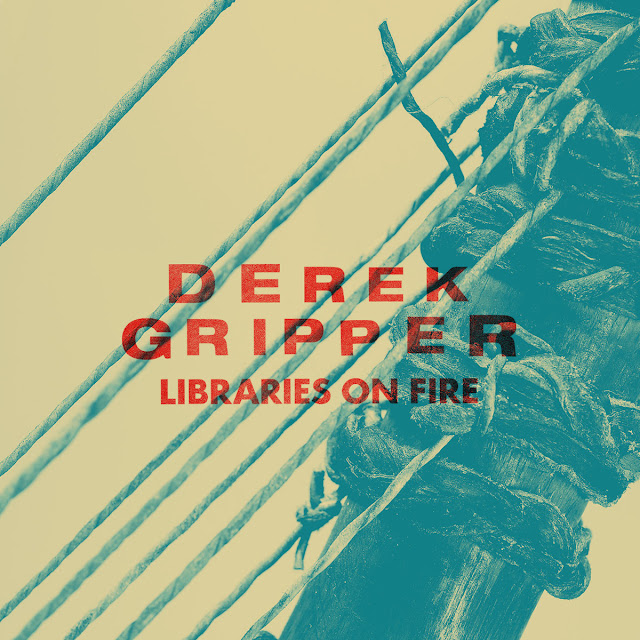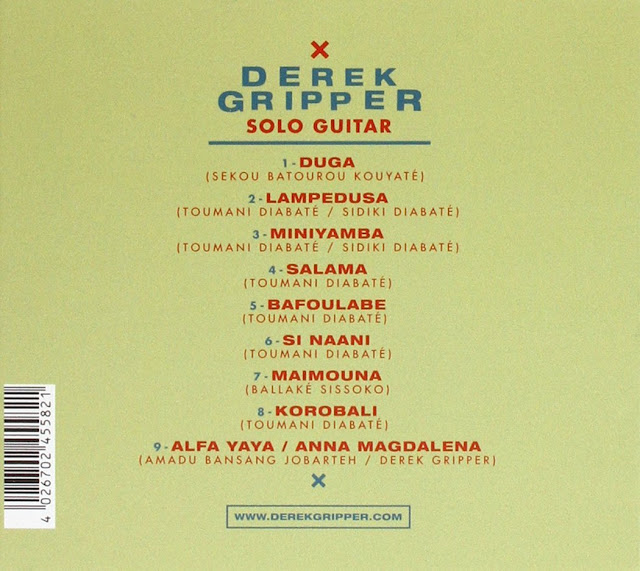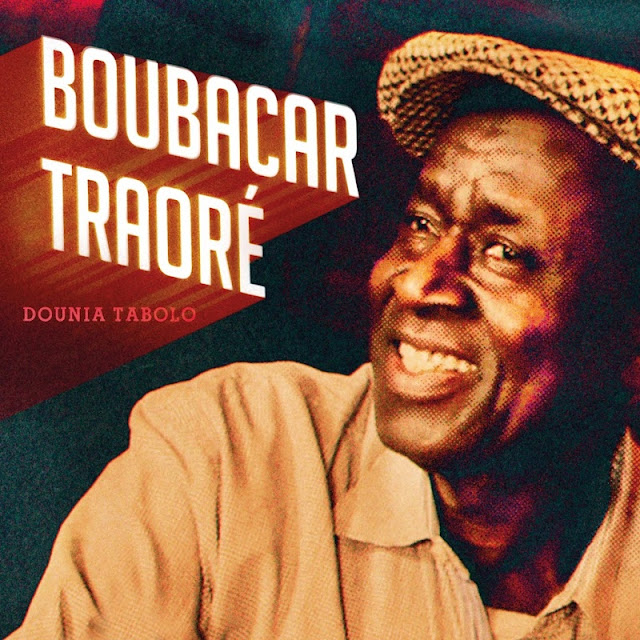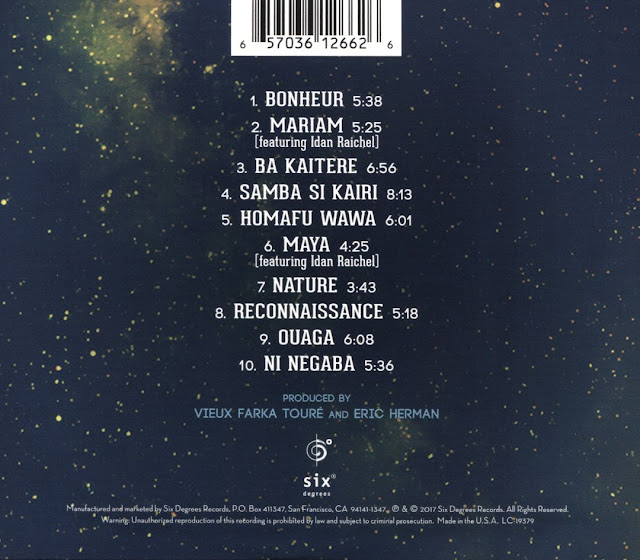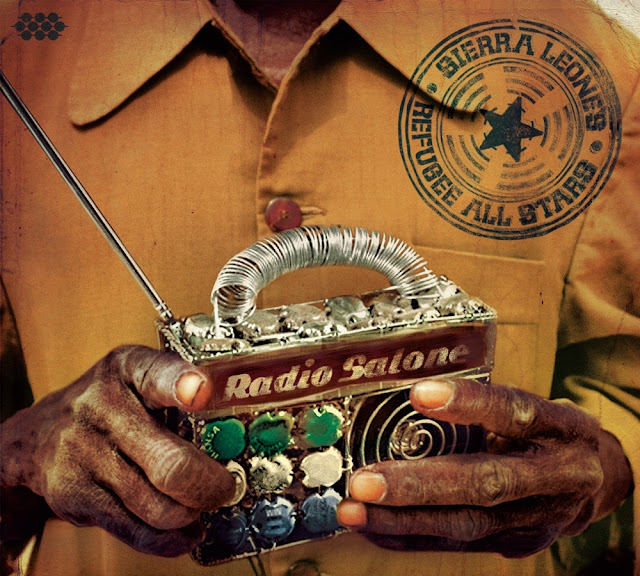si naani
octubre 31, 2019
Derek Gripper - Libraries on Fire - 2016
Guitarist and composer Derek Gripper has forged an impressive career merging classical music with African folk traditions. Libraries on Fire (2016) is the second work dedicated to versioning themes of the great African masters of the kora.
The musician, based in Cape Town, began to stand out in 2001 with the Sagtevlei ensemble, a collaboration with jazz accordionist and trumpeter Alex van Heerden and a string quartet. The deconstructions of the group on South African music began to be known, stylistically, as "New Cape", a style that Gripper followed in his first release as a solo guitarist a year later. Over the next decade, Gripper continued to explore the limits of classical guitar both for himself and for other works by Sagtevlei. He also made an inspiring collaboration with the Indian board master Udai Mazumdar, being one of his pieces adapted by the acclaimed string ensemble Kronos Quartet.
The album One Night on Earth (2012) meant a new stage in his career by adapting the complex music of the kora (21-string African harp) for solo classical guitar. His transpositions of works by Toumani Diabaté, Ali Farka Touré and other teachers have had a spectacular reception. Even music legend John Williams said he thought it was "absolutely impossible ... until I heard Derek Gripper do it", and Toumani himself was so impressed that he invited the guitarist to collaborate with him in Mali.
This second album, Libraries on Fire, takes its title from a famous West African saying that "when a griot dies, it's like a library is burning." Recorded in one afternoon by Simon Ratcliff at the Sound and Motion Studios in Cape Town, Derek Gripper performs nine other pieces of kora, six of them from Toumani Diabaté's repertoire.
The results are, once again, spectacular, both in terms of technical brilliance and musicality. He also adds compositions by Ballaké Sissoko (from At Peace, 2012) and Amadou Bansang Jobarteh (member of the great dynasty of the kora of the Gambia) to his project, to create an African repertoire for classical guitar, being tremendously instructive to delight in his shots along with the original versions of kora. "Lampedusa," for example, was first heard on the 2014 album Toumani & Sidiki, and it sounds like Gripper doesn't miss a single note, despite the six strings of his guitar he plays in front of. at 42 that result from the two koras of Toumani & Sidiki Diabaté. Impressively wonderful.
01. Duga (Sekou Batourou Koukaté)
02. Lampedusa (Toumani Diabaté / Sidiki Diabaté)
03. Miniyamba (Toumani Diabaté / Sidiki Diabaté)
04. Salama (Toumani Diabaté)
05. Bafoulabe (Toumani Diabaté)
06. Si Naani (Toumani Diabaté)
07. Maimouna (Ballaké Sissoko)
08. Korobali (Toumani Diabaté)
09. Alfa Yaya / Anna Magdalena (Amadu Bansang Jobarteh / Derek Gripper)

